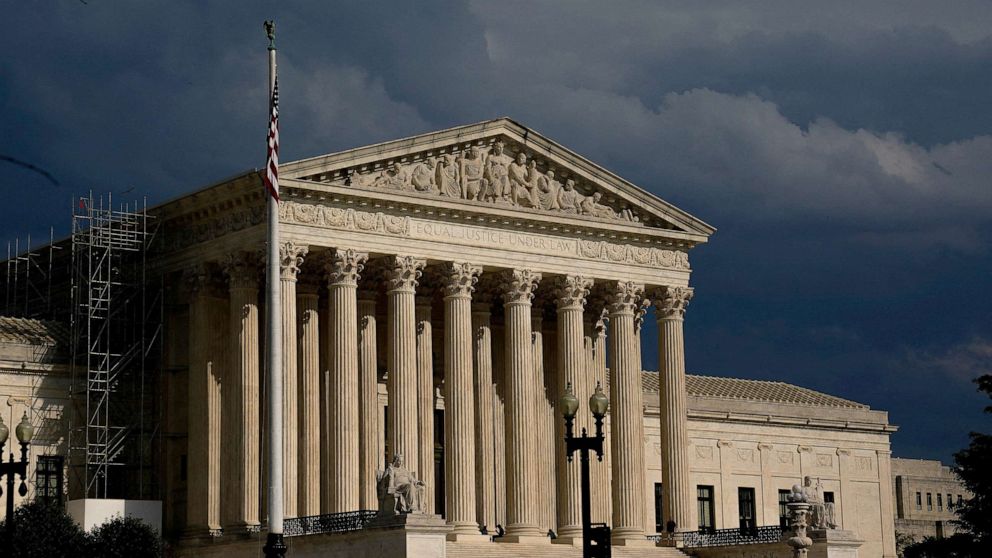Towards Equal Opportunities: The Imperative to Abolish Legacy College Admissions
In a landmark decision, the Supreme Court recently ruled to abolish affirmative action in college admissions, triggering a fierce conversation about the fairness and equity of college admission processes. This judgment, while controversial, has led us to question another equally significant, yet less often criticized, aspect of the admissions process: legacy admissions.
Legacy admissions, a practice prevalent in many elite educational institutions, grant preferential treatment to applicants whose relatives, typically parents or grandparents, are alumni of the institution. While affirmative action was designed to offset historical and social disadvantages, legacy preferences tend to benefit socioeconomically advantaged students who are predominantly white. Following the repeal of affirmative action, it is time to reconsider the merit and equity of legacy admissions.
Legacy admissions, ostensibly intended to foster a multi-generational campus culture and incentivize alumni donations, raise pertinent questions about equality and justice. By offering an advantage to legacy students, colleges and universities implicitly uphold a system of hereditary privilege. This system doesn’t simply reward students for their individual achievements, but instead privileges them due to the achievements of their ancestors, perpetuating a cycle of inherited privilege and exacerbating societal inequity.
Critics of legacy admissions argue that the practice is at odds with the principles of meritocracy, which underpin the American Dream. If a college education is indeed a stepping stone to future success, it should be accessible to all qualified students, irrespective of their family connections. While critics of affirmative action have highlighted the importance of ‘race-blind’ admissions, the same logic should extend to ‘legacy-blind’ admissions.
Moreover, there is a lack of substantial evidence proving that legacy preferences significantly influence alumni donations. A 2010 study published by Chad Coffman, Tara O’Neil, and Brian Starr found that there is “no statistically significant evidence” that legacy preferences affect donations. This refutes the financial argument for legacy admissions, leaving the practice without a firm basis of support.
As we look towards a future where education acts as a leveler of social inequities, it becomes paramount to reconsider policies that undermine this goal. If the Supreme Court’s abolition of affirmative action admissions was based on the premise of ensuring fairness and equality, it would only be logical to scrutinize legacy admissions next.
Colleges and universities have a pivotal role in shaping society. By promoting policies that perpetuate social hierarchies rather than break them down, these institutions risk cementing their reputations as bastions of privilege rather than merit. Abolishing legacy admissions is a crucial step toward achieving a truly merit-based system, giving every student, regardless of their familial ties, a fair shot at their dream education.
As we transition into a more equitable era, it’s time to champion an admissions process that values merit over lineage. The supreme court’s decision to abolish affirmative action makes it even more urgent to examine other biases in our education system. The next frontier in our quest for equality in higher education is clear: we must abolish legacy admissions.

